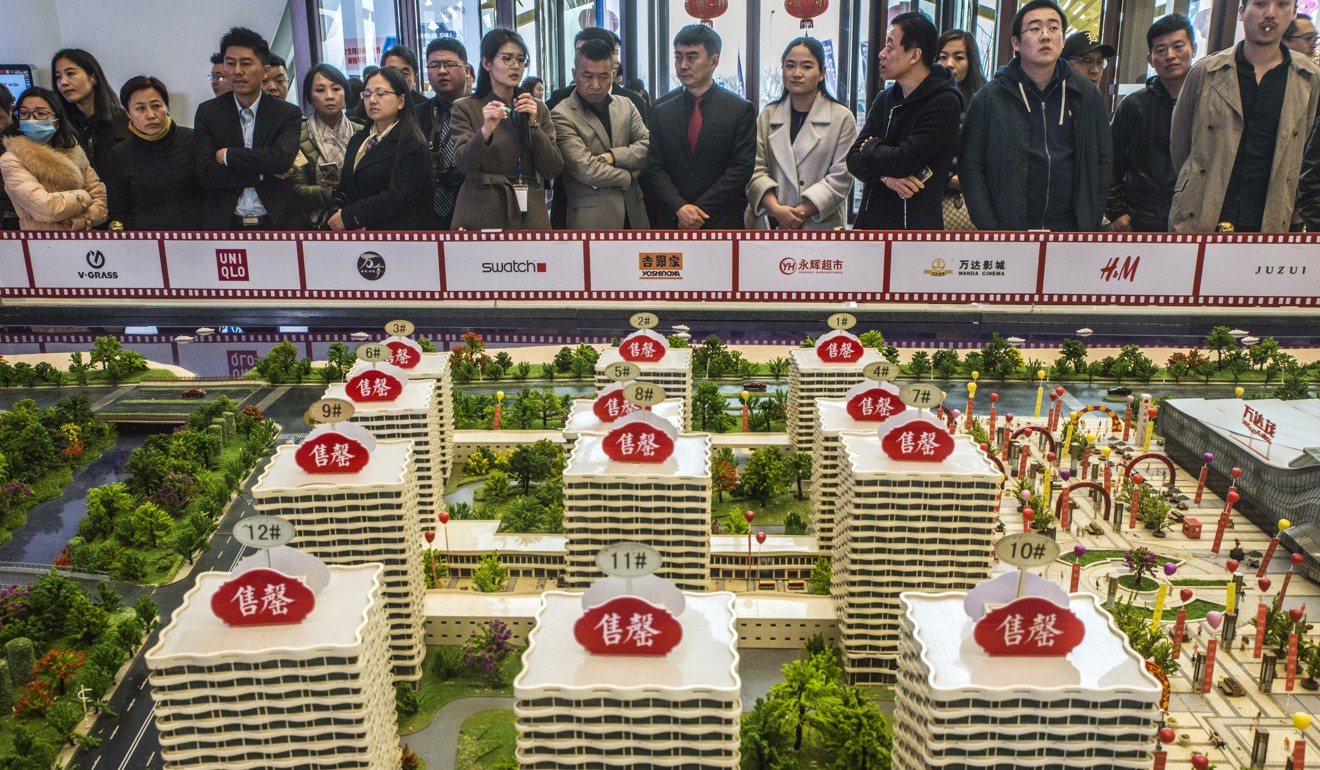
Growing pains: China’s property cooling measures will stabilise economy for long-term growth
G. Bin Zhao says the Chinese government’s policies to curb the overheating real estate sector may have a negative impact on GDP growth in the short term, but a stable housing market will ensure a sustainable economy
It is widely believed that the rapid growth of the real estate market and its related sectors has been and still is one of the most important drivers of China’s economic prosperity, especially since the reform of China’s housing system in 1998.
China’s gross domestic product and investment in real estate development shared similar growth patterns over the past 20 years. In 1998 and 1999, real estate investment growth stood at 14 per cent while GDP growth was 7.8 per cent and 7.7 per cent respectively. Over the next few years, real estate investment surged above 20 per cent with the GDP growth rate at 8 per cent to 9 per cent.
From 2002 to 2011, growth in real estate investment rose from 20 per cent to 30 per cent. During the same period, the GDP growth rate was between 9 per cent and 14 per cent.
In the last few years, real estate investment has dropped below 10 per cent and GDP growth fell to below 7 per cent.
As almost half of China’s population live in rural areas, the demand for housing through urbanisation may sustain growth in the long term
Total housing sales increased from 250 billion yuan (US$39.3 billion) in 1998 to 13.37 trillion yuan by the end of 2017, expanding by 53 times. Over the past 20 years, the average annual growth rate of housing sales has been nearly 26 per cent, a very high rate compared to the average GDP growth rate of 9.1 per cent in the same period.
So, how will real estate macro controls and regulations affect China’s economy? Though real estate investment dropped below 10 per cent in recent years, housing sales (measured by price) increased by 35 per cent in 2016 and 14 per cent in 2017. During the same period, the sale of housing measured by floor space increased by 22 per cent in 2016 and 8 per cent in 2017.
Given the 35 per cent growth in housing sales and 22 per cent of floor space sold, it’s clear macro control policies scarcely affected housing prices in 2016. But in 2017 as the controls started to take effect, both figures fell to 14 per cent and 8 per cent. As central and local governments adopt stricter macro control measures, the property market is likely to continue to cool in 2018.
China’s economic growth will stabilise – just not in 2018

Professor Chen Jie, director of the Institute of Real Estate Research at Shanghai University of Finance and Economics, estimates that investment in the real estate sector accounts for about 10 per cent of China’s GDP. His research suggests that a 1 per cent drop in real estate investment will result in a 0.1 per cent decline in China’s GDP growth rate.
Chinese property developers’ stocks could gain as much as 40 per cent this year, Nomura says
Predicting the impact of macro controls of real estate on the construction industry, home appliances, furniture and related sectors is complicated. And, comparing real estate development and GDP growth over the last 20 years may not be enough to draw an accurate conclusion about how China’s macro controls will affect the overall economy.
Experts have shown that a decline in real estate investment and sales topple GDP growth and drastically affect related sectors. But, as almost half of China’s 1.39 billion population lives in rural areas, the demand for housing through urbanisation may sustain growth in the long term.
At the same time, as the macro control policies are likely to reshape China’s property market and limit speculation, they will also help the market return to an equilibrium of normal supply and demand. Taken together, these effects have the potential to build a property market that puts the housing needs of people ahead of the profits of speculators.
It’s important not to ignore the significant role the property market played in China’s development
Though the macro control policies may dampen China’s economic performance in the short term, an affordable property market will boost China’s economic prosperity in the long run. Before the real estate boom in 1998, China’s GDP growth rates remained high for almost two decades. Economic reform and opening up, expansion of foreign trade, large-scale investment in industrial production and infrastructure projects contributed to China’s economic miracle.
But it’s important not to ignore the significant role the property market played in China’s development.
Chinese parents splash out on US properties to pay for children’s college education
The health and stability of the property market is critical to China’s sustained growth. There is a popular joke about how vital the sector is to China’s economy: faced with financial troubles, a listed company in China can return to the black by selling a flat in Beijing, Shanghai, Shenzhen or Guangzhou.
G. Bin Zhao is a senior economist at PricewaterhouseCoopers China and he also co-leads the firm’s China Strategic Research. The opinions expressed here are the author’s own

